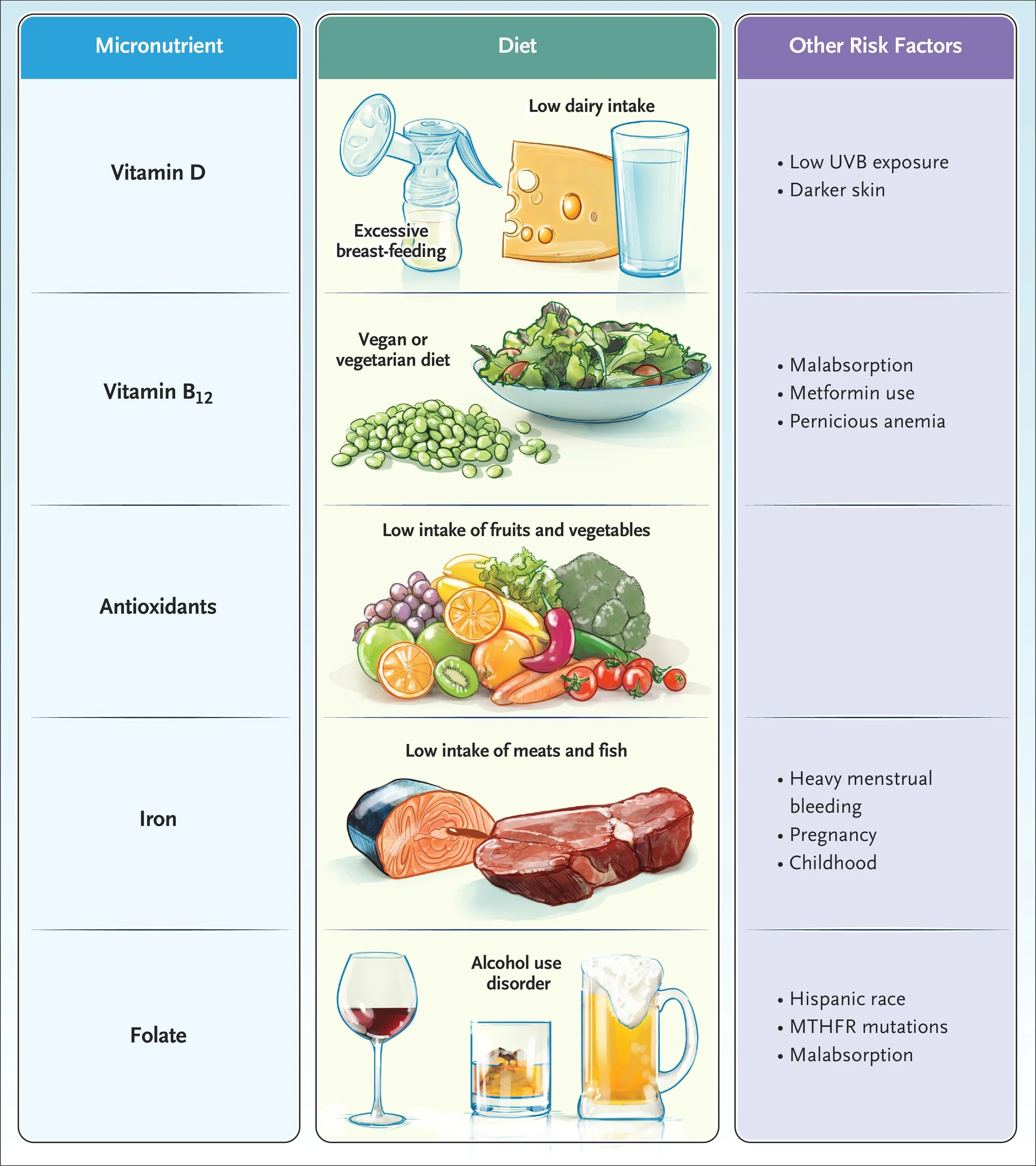10 Healthy Aging Habits to Protect Your Brain and Muscles
At Empowered Wellness, we believe aging isn’t about slowing down—it’s about showing up stronger, wiser, and more empowered. These 10 habits support brain and muscle health through midlife and beyond, helping you live with clarity, energy, and independence.
1. Move Your Body Every Day
Consistent physical activity, particularly resistance training, is well established to preserve lean muscle mass, improve balance, and support brain health. The U.S. Department of Health and Human Services, as outlined in the Physical Activity Guidelines for Americans, recommends that adults perform at least 150–300 minutes per week of moderate-intensity aerobic activity and muscle-strengthening activities of moderate or greater intensity involving all major muscle groups on two or more days per week. [1]
Resistance training is particularly effective in slowing age-related muscle mass, strength, and function declines. It is associated with improved mobility, reduced risk of falls, and better physical performance in older adults. The American Heart Association highlights that resistance training preserves muscle mass, improves balance, and reduces the risk of injurious falls when balance-challenging exercises are incorporated.[2]
Regarding brain health, aerobic and resistance training have demonstrated benefits for cognitive function in adults over 50. The American College of Sports Medicine notes moderate evidence that long-term moderate-to-vigorous physical activity, including aerobic and resistance modalities, improves executive function, global cognition, and attention. Combined aerobic and resistance training may yield the most significant cognitive benefits.[3-4]
2. Eat Enough Protein with Every Meal
Protein helps prevent sarcopenia (age-related muscle loss) and supports muscle repair. Aim for 1.0–1.2 grams per kilogram of body weight per day. [5]
3. Make Sleep a Priority
Sleep is when the brain consolidates memories and the body repairs itself. Deep, restorative sleep is essential for mood, cognition, and physical recovery. Deep, restorative sleep is critical for mood regulation, cognitive function, and physical recovery. The American Heart Association states that sleep loss adversely affects cognitive domains and that sleep is necessary for optimal mental performance and memory preservation. The American Thoracic Society also emphasizes that good-quality sleep is vital for neural development, learning, memory, emotional regulation, and cellular repair, all of which are fundamental to overall health and quality of life. [6]
4. Train Your Brain
Maintaining frequent, meaningful social interactions and engagement in social activities is consistently associated with better long-term cognitive health and reduced risk of cognitive decline and dementia.[7] Keep learning, reading, or engaging in complex tasks to keep your mind agile. Even social interaction can support long-term cognitive health.
5. Feed Your Gut Microbiome
A healthy gastrointestinal tract is increasingly recognized as playing a role in both mental health and immune function. Diets rich in fiber and fermented foods such as yogurt, kimchi, and sauerkraut can beneficially modulate the gut microbiota, which in turn may influence these systems. [8]
6. Manage Your Metabolic Health
Insulin resistance and type 2 diabetes increase the risk of dementia and muscle degradation. The American Diabetes Association highlights that older adults with diabetes have a significantly increased risk of all-cause dementia, Alzheimer's disease, and vascular dementia, with both hyperglycemia and hypoglycemia contributing to cognitive decline.[9] Balanced meals and blood sugar awareness are key.
7. Limit Alcohol
Heavy or regular alcohol use is linked to both cognitive decline and reduced muscle regeneration. Follow standard guidelines (1 drink/day for women). [10]
8. Tame Chronic Stress
Prolonged stress raises cortisol levels, which can break down muscle tissue and impair memory. Mindfulness, therapy, and regular rest can help. [11]
9. Use Supplements When Needed
Key nutrients like vitamin D, B12, and omega-3s often decrease with age. Talk to your provider before starting any supplement routine. [12] I curated a list of supplements to support mid-life women’s health. You can check it out here.
Figure 1. Risk Factors for Micronutrient Deficiencies of Concern in the United States.
Micronutrients — Assessment, Requirements, Deficiencies, and Interventions. N Engl J Med. March 5, 2025.
Used under license from The New England Journal of Medicine.
10. Stay Socially Connected
Strong relationships buffer stress and protect against cognitive and physical decline. Make time for community, friendships, or volunteerism. [13]
💡 Ready to Age Empowered?
Empowered Wellness offers individualized, science-backed care to support you in midlife and beyond—from hormone optimization to performance nutrition and cognitive wellness.
📞 Schedule your free consult
📩 Join our community and never miss a resource!
This article contains affiliate links.
-
Resistance Exercise Training in Individuals With and Without Cardiovascular Disease: 2023 Update: A Scientific Statement From the American Heart Association.
Physical Activity, Cognition, and Brain Outcomes: A Review of the 2018 Physical Activity Guidelines.
Nutritional Interventions: Dietary Protein Needs and Influences on Skeletal Muscle of Older Adults
Fibre & fermented foods: differential effects on the microbiota-gut-brain axis
Comprehensive Medical Evaluation and Assessment of Comorbidities: Standards of Care in Diabetes-2025
Micronutrients — Assessment, Requirements, Deficiencies, and Interventions


